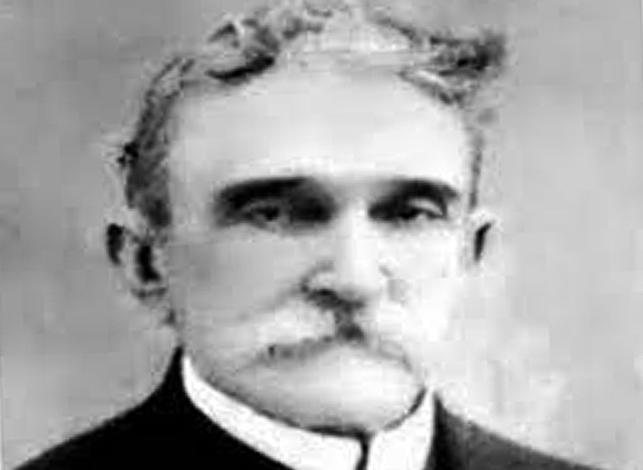Carlos Baliño, an experienced fighter who had created the Cuban Revolutionary Party together with José Martí in 1892, and the young university leader Julio Antonio Mella, established the First Communist Party of Cuba on August 16, 1925, when such an organization was already essential as a source of national patriotism.
Of course, neither of the two leaders—very well known in the working class and within the thriving student movement, respectively—hid the Marxist orientation of the political entity.
Not only was the Party very important to bolster ideological and patriotic unity in such key sectors of society in a country that needed to make urgent social changes and become sovereign; it also intended to use mobilizing methods in which the unions and the workers’ movement had gained experience, based on Marxism and the already flourishing ideas of justice promoted by the first left-wing communist party.
According to many historians, 1920s Cuba saw a revival of national patriotic conscientiousness that paved the way for the revolutionary struggle that shook the foundations of the nation in the following decade, but the cause had to wait a long time to achieve the expected



